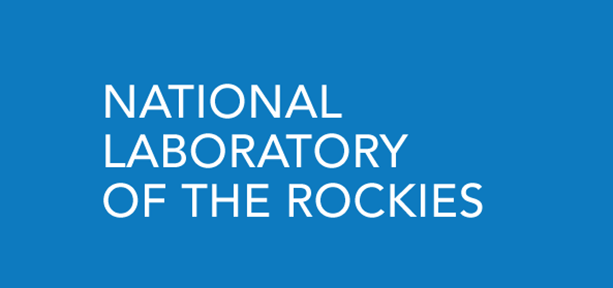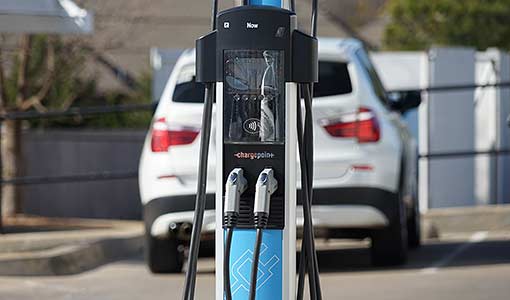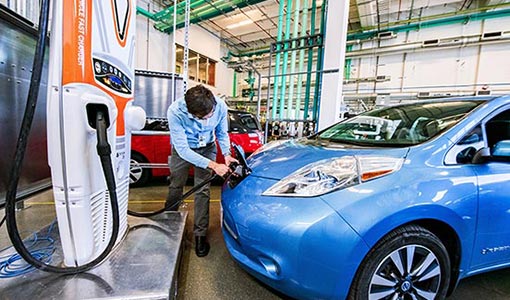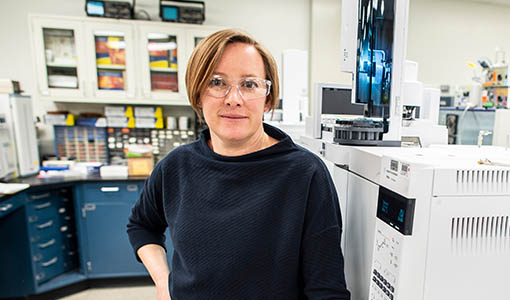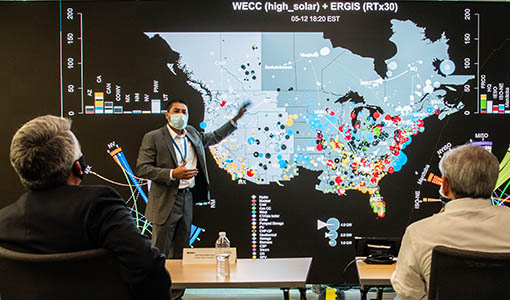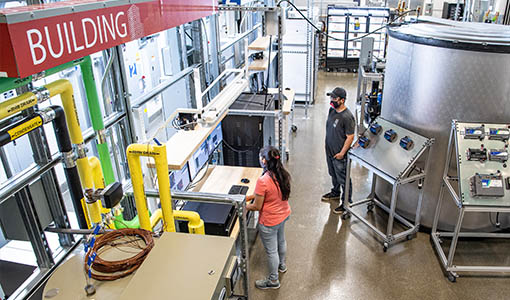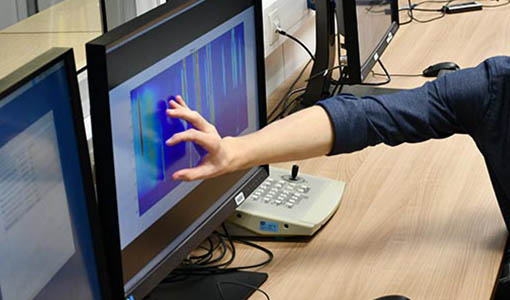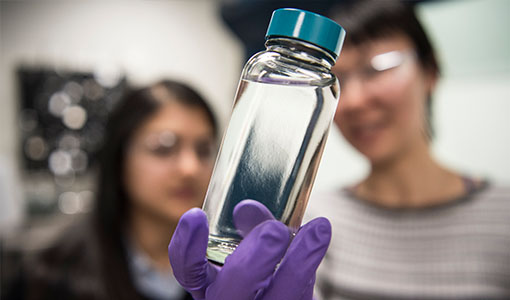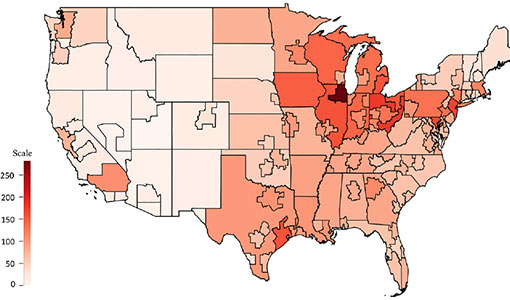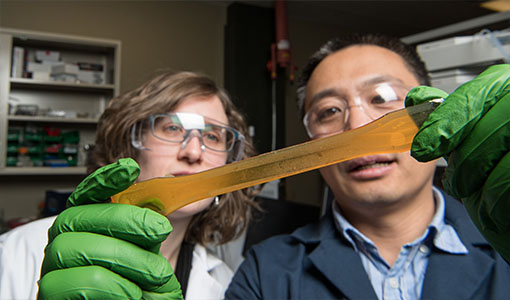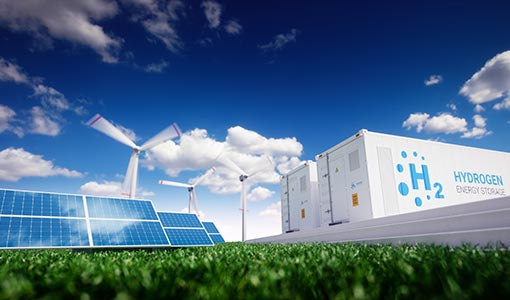Explore our collection of new stories for this topic.
Search or filter for a specific story using the options below.
August 2020
Annual Technology Baseline Expands To Include Transportation Data
The first-ever Transportation Annual Technology Baseline consolidates U.S. vehicle and fuel technologies data for current and future markets through 2050.
Researchers Explore Charging Flexibility of Shared Automated Electric Vehicles
Shared automated electric vehicles (SAEVs) may bring lower costs, reduced emissions, and a better travel experience, but their uncoordinated charging at scale could stress the electric grid and increase costs. So, an NREL research team explored the potential charging flexibility of future SAEV fleets.
NREL, ExxonMobil Teams Imagine, Research New Solutions for Tomorrow's Energy Challenges
A year into their unique collaboration, NREL and ExxonMobil are navigating a multi-pronged effort toward a future where clean-burning biofuels replace some petroleum-based fuels.
ARIES and RAIL Promise To Advance Renewable Energy Innovation and Integration
Secretary of Energy Dan Brouillette introduced two new acronyms to the National Renewable Energy Laboratory's (NREL's) lexicon on Aug. 12: RAIL and ARIES. RAIL stands for Research and Innovation Laboratory, while ARIES is short for Advanced Research on Integrated Energy Systems.
Grid Coordination Opens Road for Electric Vehicle Flexibility
As electric vehicle sales continue to rev up in the United States, the power grid is in parallel contending with the greatest transformation in its 100-year history: the large-scale integration of renewable energy and power electronic devices. The changes will test the limits of grid integration, but NREL sees opportunity at the intersection of energy systems and transportation.
July 2020
Novel Research Highlights Critical Barriers to Extreme Fast Charging of Lithium-Ion Batteries
In a phenomenon called lithium plating, lithium attaches to graphite particles within the cell instead of inserting itself into the graphite for stable storage. Researchers used high-speed synchrotron X-ray diffraction to gain insight into the conditions that lead to lithium plating.
New Process Turns Carbon into Cleaner, High-Performance Diesel Biofuel Blendstock
A new single-phase catalyst that enables the conversion of renewable and waste carbon into sustainable diesel fuels has been developed through a unique collaboration between NREL and two DOE consortia, Chemical Catalysis for Bioenergy and the Co-Optimization of Fuels & Engines initiative.
New Metric Quantifies Productivity of Freight Mobility Systems
Trends such as the rise in e-commerce, increased vehicle electrification, connected mobility, automation, and new forms of delivery are poised to bring a paradigm shift in freight movement. In addition to modeling and forecasting emerging freight trends, having a way to quantify their impacts on freight mobility is critical. The new Freight Mobility Energy Productivity (F-MEP) metric does just that.
June 2020
NREL Cleans Up with FY19 Technology Commercialization Fund Awards
This year, DOE funded 21 NREL submissions--worth more than a total $6.8 million--through its Technology Commercialization Fund, accounting for 25% of all funded projects, more than any other DOE national laboratory and improving upon NREL's 2018 total of 16.
Answer to Energy Storage Problem Could Be Hydrogen
According to NREL researchers, seasonal energy storage can facilitate the deployment of high and ultra-high shares of wind and solar energy sources.
Share
Last Updated May 5, 2025
